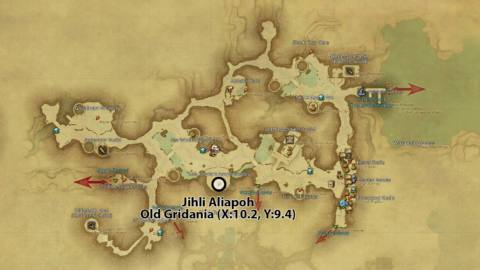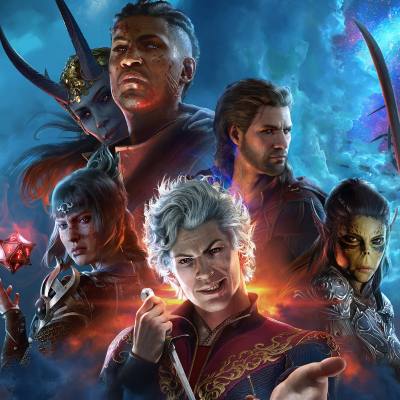It took years of wandering the wilderness, but once-famed game designer Peter Molyneux has finally done it. No, he hasn’t come up with a brilliant new game that hearkens back to his glory days. This is even bigger: He’s figured out how to make NFTs actually worth something.
I kid, of course, but not entirely. Molyneux’s been on kind of a rough streak for the past decade or so, during which he’s made multiple ambitious (some might say grandiose) promises that have never come close to being met. The most recent in that long chain of bad ideas was Legacy, a blockchain-based business sim “that allows real ownership and real rewards.”
That’s a fairly standard pitch for NFT games, and it had a fairly standard outcome for such things: Legacy tanked almost immediately after launching in 2023. It’s still playable and was last updated less than a month ago, but I think this exchange from the Legacy subreddit—one of only two threads to be posted in 2024—sums up the situation quite aptly:

Before the wheels came off, though, Legacy raised a huge pile of money in pre-sales of virtual plots of land, which are required to participate in Legacy’s real-money economy: More than $54 million at the time, according to reports. And what happened to all that sweet green, you may wonder? Apparently it’s paying for the development of Molyneux’s next project, Masters of Albion.
Speaking to Eurogamer, Molyneux said Legacy’s reported $54 million haul was “exaggerated,” although he didn’t say what the actual number was.
“But it did give us the money to fund Masters of Albion,” Molyneux said. “That’s what we used the majority of the money for, to bring back Russell and Mark and Ian [Molyneux’s former Bullfrog and Lionhead colleagues Russell Shaw, Mark Healy, and Iain Wright]. It’s not cheap to do that. You’ve got to bring them away from their jobs.”
Let’s be honest: Until now, NFTs have never amounted to much of anything beyond hype, heartache, financial losses, and the occasional lawsuit. So the fact that Molyneux was able to turn them into something useful is noteworthy, right? It does feel a little superficially sketchy, sure, but unlike a traditional rug pull or, to stretch the comparison even further, a crowdfunding campaign that fails to deliver the goods, Molyneux’s 22 Cans studio did in fact develop and release Legacy as promised. It just, you know, really sucked.
“People played it, but unfortunately, at that time, without the meteoric rise of cryptocurrency that fuelled the real play-to-earn gaming… I think play-to-earn gaming has been flat and gone down,” Molyneux said. “Legacy is still playable on the Gala Games website, but the economic model doesn’t, in my opinion—and I’m not a person that deeply understands it—but doesn’t really work financially, or in gameplay terms.”
Leaving aside the obvious questions about designing a real-money economy simulator without “deeply understanding” the economy that underpins the whole thing, Legacy certainly did seem to work financially for Molyneux and 22 Cans. If that ultimately nets us a real, no-foolin’ Peter Molyneux comeback—which, despite everything, looks like it maybe might be somehow actually possible in Masters of Albion—well, then I guess NFTs are good for something after all, at least in very specific use cases. I still wouldn’t recommend wasting any money on them, though.






